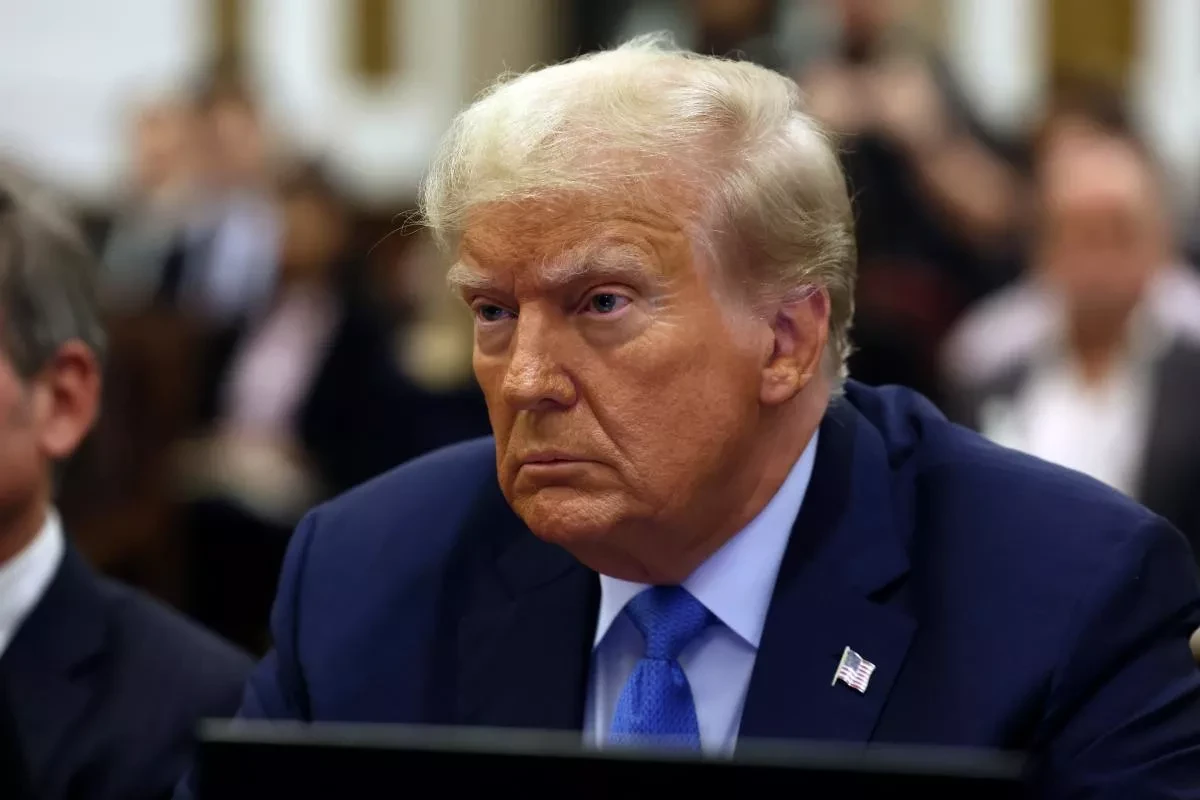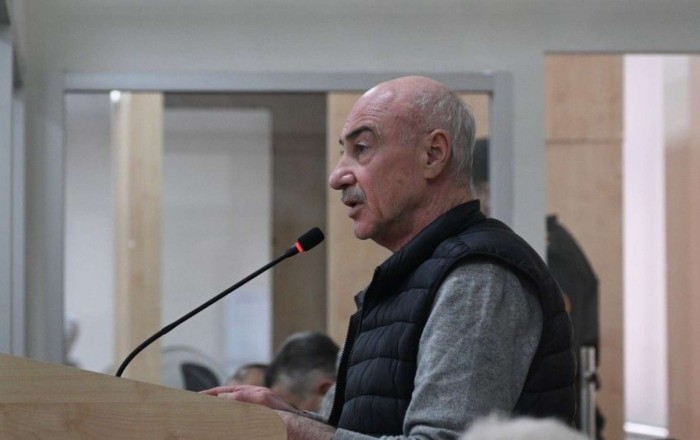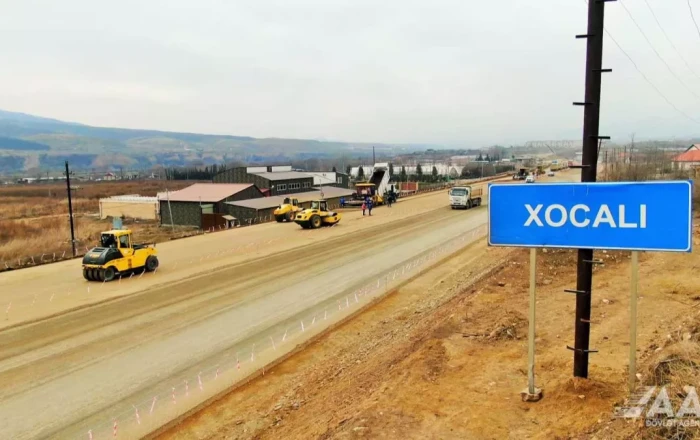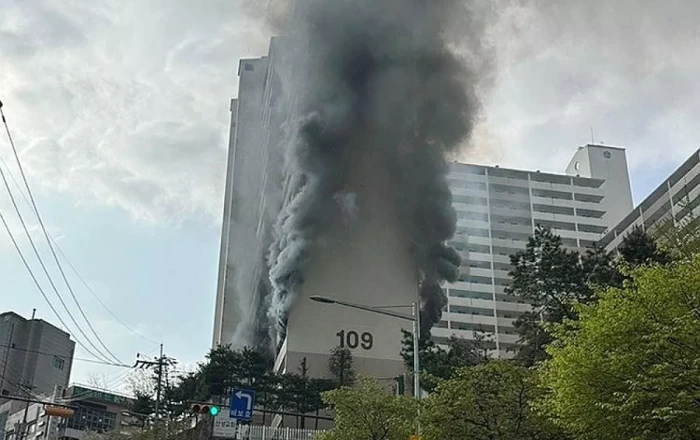As President Donald Trump intensifies efforts to limit immigration, US labour market analysts are warning of a potential strain on economic growth and inflation.
Following a dramatic decrease in illegal border crossings after the pandemic surge, the Trump administration is ramping up its enforcement actions, including increased raids, calls for undocumented immigrants to “self-deport,” and tightening legal immigration policies, Caliber.Az reports via foreign media.
Economists express concern that these measures will stifle job creation and drive inflation higher, particularly as the administration’s trade policies are already fueling recession fears. Since 2020, 5.5 million immigrants—both legal and undocumented—have bolstered the US labour force, contributing significantly to the recovery and economic growth. However, the tightening immigration policies and potential mass deportations could reverse this progress.
“Population growth helped economic growth, that’s pretty clear — so you’re taking that away from the picture now,” said Olu Sonola, head of US economic research at Fitch Ratings. He added that the combination of a labour force slowdown and the economic drag from higher tariffs paints a bleak growth and inflation outlook for 2025. Goldman Sachs predicts that reduced immigration will cut monthly job creation to 80,000 by the end of 2025, down from 168,000 in 2024.
Economists from the Federal Reserve Bank of Dallas and Morgan Stanley have similarly warned that the slowdown will weigh on economic growth, push wages upward, and elevate prices. Immigrants tend to fill positions in sectors like construction, food processing, and childcare—industries plagued by labor shortages, which business leaders argue require more legal immigration. Federal Reserve Chair Jerome Powell has also acknowledged the role of immigration in easing labor market pressures. However, Trump’s policies have left many local and federal governments overwhelmed, prompting former President Joe Biden to issue an executive order restricting asylum applications. The Trump administration has gone further, imposing new regulations that could revoke temporary legal statuses for foreign workers.
Despite some legal challenges, the crackdown is expected to continue. Eduardo Escobar, a 25-year-old Venezuelan immigrant, recently left the US after the end of a special status that allowed him to work legally. “I will lose my job, my income, and the professional momentum I built here,” he said, “I will have to start from zero in a place with a low ceiling that won’t let me grow.” As tariffs threaten to fuel inflation, economists warn that fewer workers will make it more difficult for the Federal Reserve to keep inflation in check. “Reduced immigration could fuel renewed inflationary pressures,” said Lydia Boussour, senior economist at EY.
Business owners, like Michael Robinov in New York, are also concerned about how immigration restrictions might disrupt industries reliant on migrant labour. Robinov, who runs Farm To People, a local grocery delivery service, worries that labour shortages in agriculture could drive food prices higher, affecting the entire supply chain. The long-term effects of restricting immigration could be more severe, particularly as the US workforce continues to age.
The Congressional Budget Office has predicted that without immigration, the US population could begin shrinking by the next decade. Amy Pope, Director General of the International Organisation for Migration, cautioned that as competition for workers intensifies, economies that fail to adapt will be at a significant disadvantage. "The competition for the workforce is going to become greater and greater," she warned.
By Naila Huseynova
Source: caliber.az












